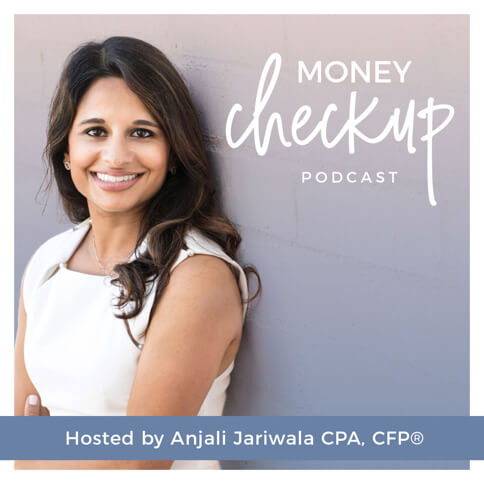Donor-advised funds are an increasingly popular way to give to charity. These pooled investment funds paid out more than $23 billion in charitable donations in 2018, according to a 2019 study from the National Philanthropic Trust. Donors contributed an additional $37 billion to donor-advised funds, bringing the total amount of assets invested to about $121 billion in more than 725,000 individual donor-advised funds.
“Donor-advised funds can be used in so many ways, by different generations, and on all time horizons. Donors today want to stay close to their giving and they want it to be easy. Donor-advised funds help achieve both, which is why they are such a popular giving tool,” the report’s authors write.
A donor-advised fund, or DAF, is a kind of “waiting room for charitable donations” that you can contribute to throughout your life, with cash, stock or other assets. Technically, it’s a 501(c)(3) public charity that can act as a miniature charitable foundation without the administrative burden and strict rules of a foundation.
Donor-advised fund owners can make donations at their discretion from the fund to other charities. The fund is invested, generating earnings that can later be donated to charity as well.
If you’re looking for an opportunity to increase your charitable giving and potentially reduce your tax burden, a donor-advised fund may be a good option.
How Do You Start a Donor-Advised Fund?
Like many investment funds, donor-advised funds are typically administered by financial institutions. Fidelity Charitable, Goldman Sachs Charitable Gift Fund, and Schwab Charitable are among the largest donor-advised funds and are directly managed by these financial institutions. Sponsoring organizations have control of the fund, but take bequests from its donors.
If you want to be more hands-on in your charitable giving, your local community foundation may be able to administer a fund for you.
One reason donor-advised funds are growing in popularity is that they’re relatively easy to start, especially compared to private foundations. Most require a minimum balance to open and maintain. Schwab’s minimum is only $5,000.
Donor-advised funds can receive contributions from multiple people, which offers the opportunity to share your fund with family members or a small group of like-minded people. In this case, each contributor can make donations to the fund as they are able, and the fund in turn makes gifts to charities.
Tax Benefits of Donor-Advised Funds
Another reason for the popularity of donor-advised funds: Fund owners can contribute cash, stocks, securities, life insurance and more, with generous tax benefits.
Cash gifts to DAFs are deductible up to 60% of adjusted gross income. Larger contributions can be carried over for as long as five years. For comparison, if you donate to a private foundation, your deduction is capped at 30% of AGI.
When you make donations from a donor-advised fund to another public charity, you do not receive a tax deduction, since you already received a deduction when you made the contribution to the donor-advised fund. This allows donors to plan their giving according to their income, even if they don’t yet have a gift recipient in mind. If you have a high-income year, for instance, you can consider superfunding multiple years of tax donations into a DAF. Talk to your CPA about a giving strategy that makes sense for you.
As you age, if your life insurance policy is paid in full, you can donate the policy to a donor-advised fund and receive an immediate tax deduction for the policy’s cash surrender value.
When you donate stocks and other types of securities to a donor-advised fund, you can take a fair market value deduction for the contribution of up to 30% of your AGI. (For private foundations, for comparison, this is capped at 20% of AGI.)
Further, no matter how much the assets have appreciated, they are exempt from capital gains tax as long as you’ve held them for at least a year prior to making the contributions.
Donor-advised funds can also accept gifts of real estate, artwork, antiques, jewelry and other valuable items. Talk to a financial advisor or tax professional about these more complex transactions.
Create a Gifting Legacy
Like private foundations, the assets in donor-advised funds are invested, generating interest that can in turn be donated to charitable causes. And as DAFs grow in popularity, fund sponsors are making it easier than ever to give, including employer-sponsored funds that accept payroll deductions.
All donor-advised funds allow fund owners to name contingent donors on their accounts. That way, if something happens to you, your heirs can continue making charitable gifts from the fund in accordance with your wishes.
Between the tax benefits, the ease of giving, and the hands-on control that fund owners have over their giving, DAFs are likely to continue to grow in popularity, according to the National Philanthropic Trust.
If you’ve recently been inspired to make charitable giving a bigger part of your financial life, DAFs offer the opportunity to start putting money aside for giving immediately — and to reap some tax benefits — even if you’re not sure yet which charities you want to support. Your financial advisor or CPA can help you learn more about getting started.




